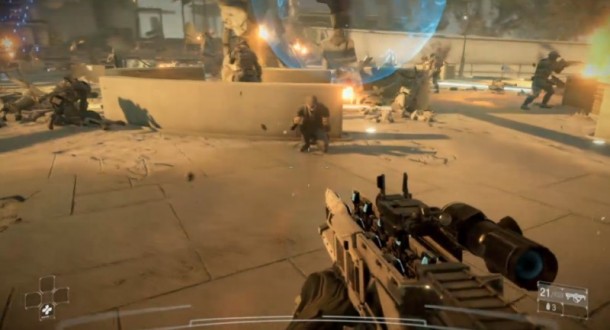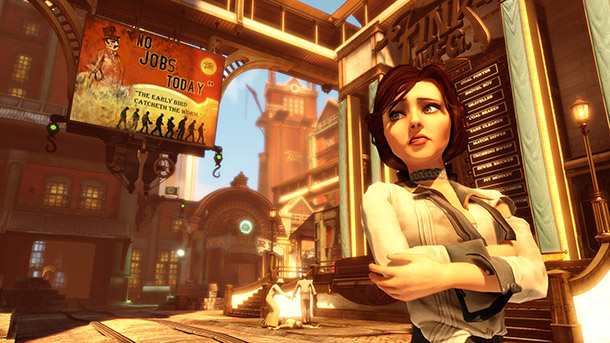
Unsurprisingly, Killzone: Shadow Fall will feature a season pass. Surprisingly, what that pass includes is being detailed ahead of time.
It’s $19.99, and includes three bundles of content: an online co-op expansion pack (survival mode), three co-op map packs (survival mode maps), and two multiplayer expansions. Those last two multiplayer expansions haven’t been detailed, but the PlayStation blog post detailing the season pass promises information “when Killzone Shadow Fall’s launch date nears.” Not after the game is out. Not the day the expansions launch. “…when Killzone Shadow Fall’s launch date nears.”
I’m not against season passes in theory. Saving money to buy things you’d probably get anyway seems fine to me. However, it’s something I think has been handled very poorly in the game industry since it was introduced. Asking $30 before any product is actually available, without any indication of what it might include, is troublesome.It’s predatory – a term I’ve found myself using more and more to describe video game monetization.

In the case of Bioshock Infinite, promises of “single-player content” were made. In a mostly narrative-driven experience like Infinite, that implies story content. The developers at Irrational Games aren’t stupid. They knew what people expected. What those people got instead was Clash in the Clouds – a single-player experience, to be sure, but the exact opposite of what most expected. It’s also hard not to notice that combat challenge rooms don’t require any new art assets, voice acting, or much scripting – things that take time and cost money.
When Clash in the Clouds arrived, Irrational changed the narrative. Suddenly it wasn’t about expectations. communication, and misdirection, but timing. The problem wasn’t that Irrational and 2K asked for money months ahead of time, without delivering a product, or even communicating what it was. It was being developed without a marketing mandate, by the main development team, and wasn’t included on the disc ahead of time. The only bad thing to say about Clash in the Clouds is that it was going to be too good.
As soon as the script was flipped, developers and journalists alike took to throwing up their hands in a gesture of “they/we just can’t win.” Those nasty, entitled gamers want quality, but they want it faster than anyone can possibly deliver; it’s their fault for being such meanies.

So those two instances illustrate the very different ways that publishers disseminate DLC information prior to a game’s launch. On the one hand we have a publisher saying “all the info will be given to you” for a game that is launching on a new, unproven console, and on the other a publisher tells us to trust it because of the merits of its game development history. But is trust enough? How often do DLCs fail to live up to the hype, with us stuck footing the bill for something we don’t want?
The changeover to this next generation of consoles will be perhaps the most pivotal in gaming history, and it requires accurate information to get in front of us. With Steam Greenlight, Kickstarter and Patreon often nebulous in what the final product may include, its never more important. That extends to the extra features that our games may ultimately deliver, too, as publishers want us to keep playing our games and buying new ones.


No Comments